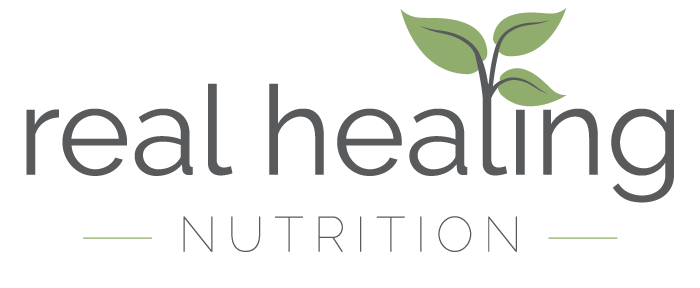20 Feb The Connection Between ADHD and Diet
According to a recent study by the CDC, some 6.2 million children, ages 4 to17, were diagnosed with ADHD and a significant number of adults are also being diagnosed. In fact, it is believed that parents of children with ADHD are two to eight times more likely to have ADHD themselves.
To be diagnosed with ADHD an adult or child must have six or more symptoms of inattentiveness, hyperactivity or impulsivity. Symptoms must have lasted at least 6 months in at least two different settings, such as home, work and/or school. Such symptoms might include:
- Difficulty paying attention to details
- Making careless mistakes
- Being easily distracted
- Inability to sustain attention on tasks or activities
- Frequent shifts form one uncompleted activity to another
- Forgetfulness
- Procrastination
- Talking excessively
- Interrupting others
- Disorganized work habits
- Fidgeting
Researchers at Children’s Memorial Hospital in Chicago studied the effects of several different diets on children who have been diagnosed with ADHD. What they found was that some children with ADHD do respond to strict elimination diets such as the Feingold diet, which removes foods like apples, grapes, luncheon meet, hot dogs, cold drinks, and anything else with orange and red dyes. Although these diets do show progress in easing the symptoms of ADHD, they are time-consuming and relatively difficult to implement, especially as kids get older. For most children who participated in the study, what proved to be the most effective in reversing symptoms of ADHD was simply avoiding junk food and processed foods all together. I know what you might be thinking, should ‘simply’ really be included in that sentence? Well, it might be easier than you think. Here are a few tips you can follow:
Foods to Avoid
- Say ‘no’ to simple carbs – Candy, soft drinks and foods sweetened with corn syrup and sugar can raise blood sugar levels and are known to contribute to attention problems
- Avoid foods that contain salicylates – Salicylates are chemicals that occur naturally in many fruits and vegetables (especially dried fruits). They are also created unnaturally in processed foods, foods containing dyes and many medications and household products. If you think a certain product or food is affecting yours or your child’s behavior, eliminate it to see if symptoms improve over time.
Foods that Heal
- Add in more complex carbs – Complex carbs promote relaxation and sleep. They are a great idea to add into your diet especially in the evening. Good options are brown rice and sweet potatoes.
- Eat more lean proteins – Lean proteins, like those found in fish, beans, and eggs have been shown to improve brain function and concentration. Add them to your diet for breakfast and snacks to help get you through the day.
Please note, many experts on ADHD believe that a large number of adults and children are misdiagnosed every year and therefore mistreated with medications that they don’t need. If you or someone you know has been diagnosed with ADHD, it is always suggested that you get a second opinion.


Sorry, the comment form is closed at this time.